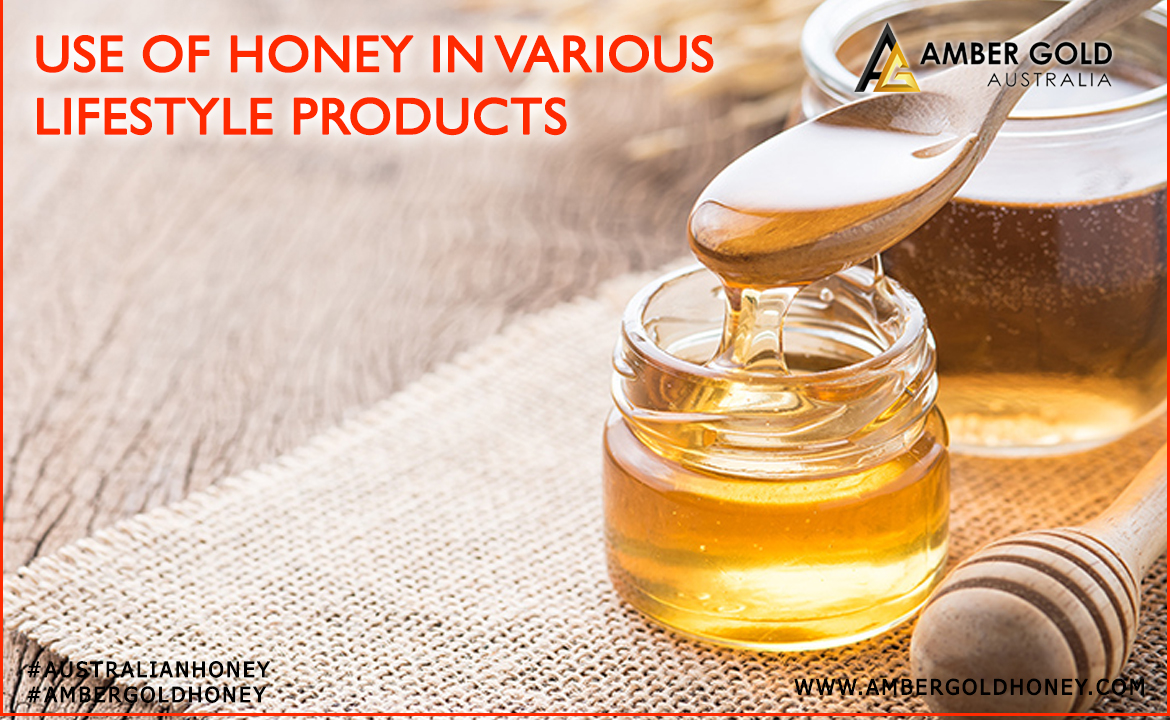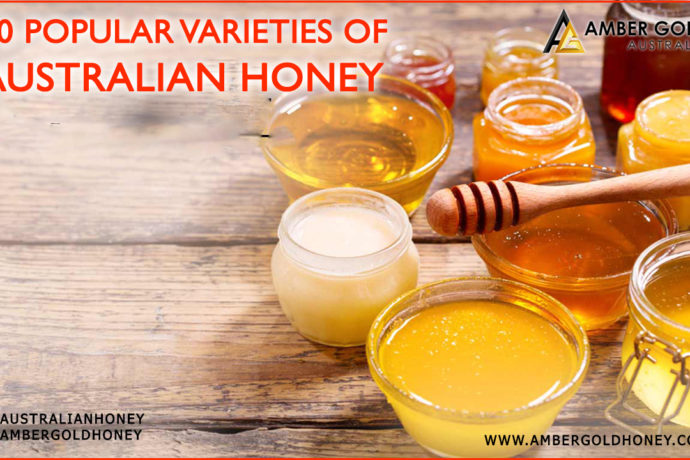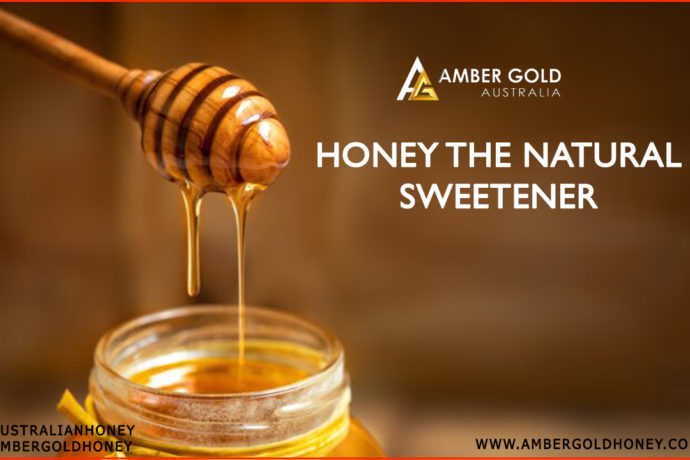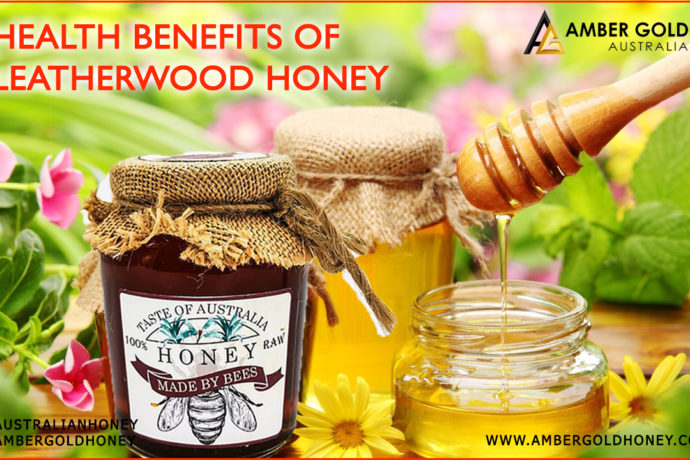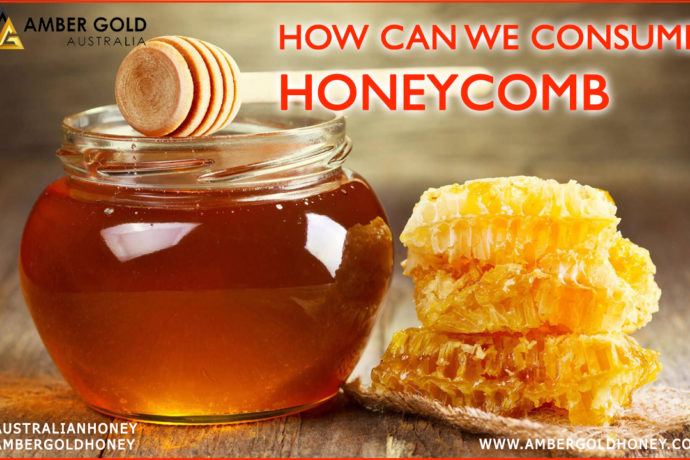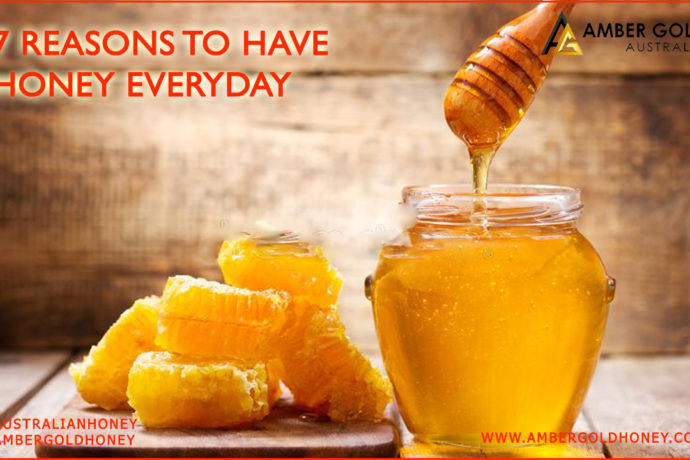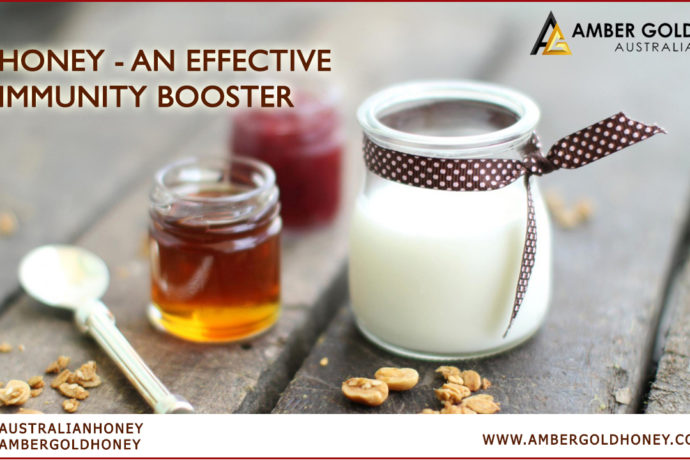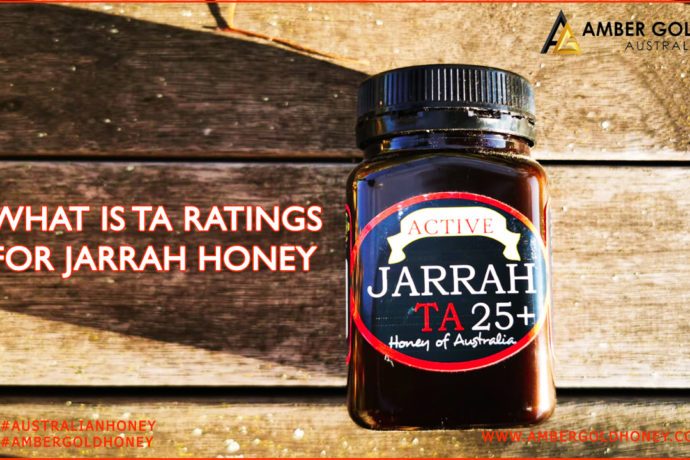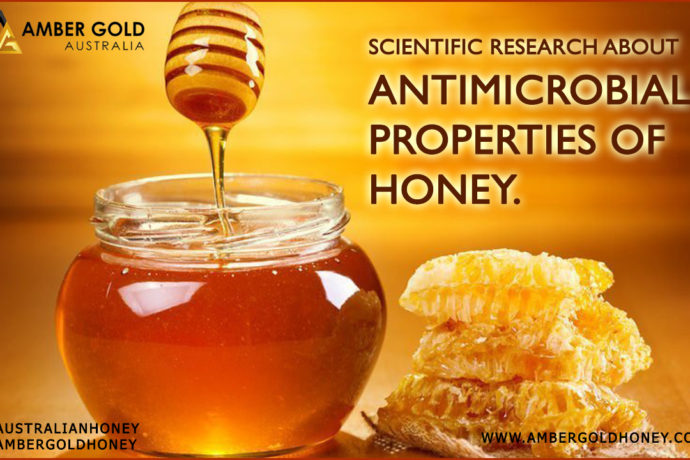Use of Honey in various Lifestyle Products
Bees and their pollination services help to maintain biological balance in the environment, allowing various animal and plant species to thrive, including humans. They also sell bee products, which are a completely natural source of sustenance. People have used them since the beginning of time, and they are an especially good source of sustenance in today’s increasingly fast-paced world.
Bees also provide pollen, propolis, royal jelly, and wax, in addition to honey, which is by far the most widely used bee product. Another product from which individuals can benefit is bee venom.
Pollen
Pollen has a high protein content. It has all of the essential amino acids, as well as a variety of fatty acids, vitamins B, C, D, E, and K, as well as provitamin A.
Pollen coats bees as they collect nectar from plants, which they subsequently enhance with ferments, hormones, and antibiotics before depositing it in honeycomb cells. We acquire extracted honeycomb pollen or bee bread when we extract these pollen balls from inside a honeycomb cell.
Royal bees
The glands of juvenile worker bees secrete royal jelly. Nurse bees provide the jelly to the up to three-day-old larvae, whereas queen bees eat it solely. This specific meal determines whether the larva will hatch into a worker or a queen bee.
Beekeepers gather royal jelly when the honeycomb cells contain the most of it. The production of large amounts of royal jelly, on the other hand, is extremely difficult.
Wax
Fatty-acid esters are the major component of beeswax, which contains nearly 300 natural chemicals. Wax is practically pure white when it is new, however it eventually becomes a yellowish brown colour. It has a nice honey, propolis, and pollen-like fragrance. It’s a big hit in the cosmetics sector.
Wax is commonly used in creams because it softens and supplifies the skin and has antibacterial effects.
Bee venom
Bees are also known for their sting, which most people are familiar with. Bees, on the other hand, require a compelling motive to sting. If you come across bees in the wild, they will only sting if their lives is in danger.
In front of a beehive, however, a different storey is told. Guard bees faithfully undertake their duty of guarding the entrance to their hive, which not only houses larvae but also abundant honey and pollen supplies. As a result, we should never approach apiaries or stand in front of hives.
Wrap up
Honey was given as a gift to monarchs in ancient Egypt. Pharaohs’ graves were discovered with honey-filled gift jars, and Egyptians knew how to brew mead.
Honey was Hippocrates’ favourite remedy, and it was also prized by Pythagoras, who believed he would have died 40 years sooner if he hadn’t taken so much honey.


